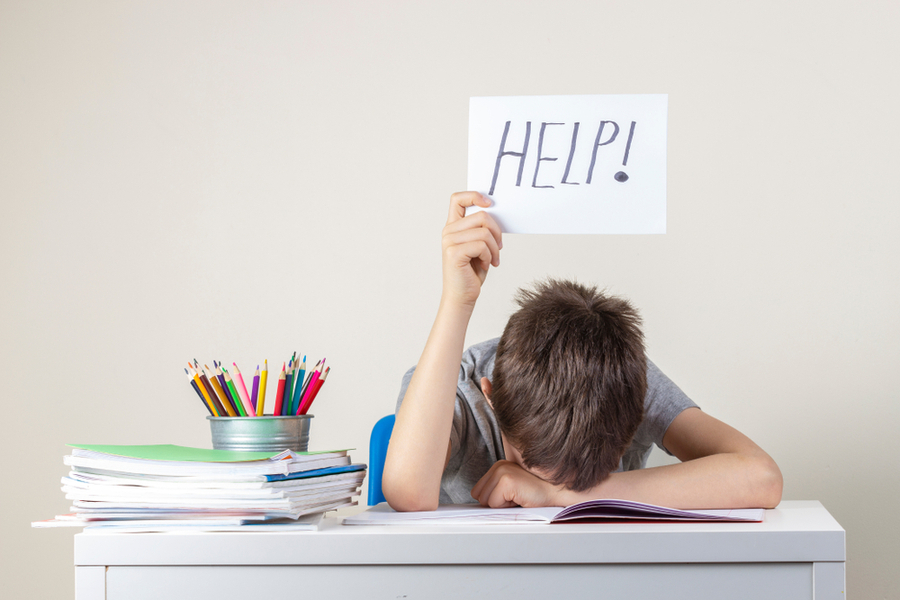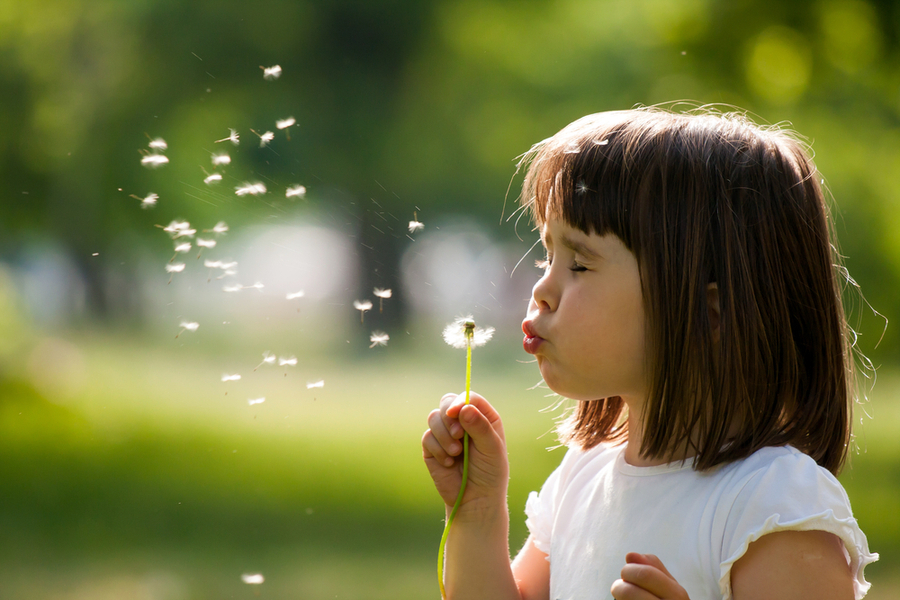When children are struggling with their mental health, we can quickly feel useless. Recognising how to create some calm in the storm and develop a safe refuge becomes our number one priority.

Whilst ‘mental health’ is the hashtag of the moment, recognising the signs of mental health and how to support children to put in place ongoing strategies to support themselves is imperative for long term well-being.
Mental health is defined as: ‘a state of wellbeing in which the individual realises his or her abilities, can cope with the normal stresses of life, work productively and fruitfully, and is able to make a contribution to his or her community‘ (World Health Organisation, 2019).
Mental health is a continuum, it moves back and forth between positive and poor mental health throughout our lifetimes, depending on events, circumstances and situations that occur. Some temporary, some longer term, some to adjust to for a lifetime.

Functioning? High Functioning?
The difficulty with mental health is that the signs are not always obvious. In some cases, a child or young person may be having difficulties with their mental health but be able to mask them (suppress the emotions and adapt behaviours so others cannot see) or be high functioning (where an individual appears to be functioning well in society, they may look for perfection in all that they do which can appear to be commitment and high work ethic, but internally suffers with intense emotions such as anxiety or depression). Therefore, building strong working relationships with children to learn about their needs, and developing effective networks with families to understand how behaviours may differ between home and the setting are imperative to meeting children’s mental health needs.
The National Health Institute for Mental Health suggests that ‘about 40 million adults deal with anxiety disorders at any given time, and approximately 18% fall into the high-functioning category’ (2020).

How do we support children?
When considering how to support children, we can consider the fundamentals of their days and opportunities when managing mental health. Our first priority surrounds creating a strong, stable, consistent base where they feel safe and secure.
1. Routines galore – focus on developing strong and consistent routines. Routines create a sense of safety to our brains, and with safety we have time to digest and process what is happening around us. Therefore, the quicker we get consistent and implement structure, the more useful it it to our emotional well-being.
2. Keep talking – When mental health is struggling, we can want to isolate ourselves. Keeping communication open, and ensuring that we listen carefully to children’s reflections will give insight into emotional processing and identify areas of support which may be required professionally or through self-help strategies.
3. Engage in some down time – When we are struggling, we can want to avoid our emotions, and keep busy. Quickly overwhelm can kick in with weeks crammed with activities which adds to the strain. We need downtime and an opportunity to get a ‘little bored’ to process events. So ensure that children have downtime to process and let their minds digest their thoughts and feelings.
4. Watch behaviours – Not all family members talk, some find expressing emotions very challenging, so watching behaviours becomes key to support. Be aware of children with disturbed sleep, disrupted eating habits, anger, agitation or expressing boredom at things they enjoyed, avoidance and isolation as early signs. For adults, be aware of changes to eating or alcohol habits, disrupted sleep, short tempers, apathy, avoidance and upset as some signs that things are not peaceful and may need wider help.
5. Connect – The lockdown meant that we spent more time talking, connecting and spending time together than we often get opportunity to. As lockdown eases, maintaining phone calls, playtime and quality time together are key to being available to listen. Children often talk whilst engaged in activities (lego, drawing, construction toys or role play are often great times for emotions to be released), those adults struggling rarely pick up the phone and ask for help not wanting to burden others. Focussing on maintaining some connection will mean that any worries are quickly picked up.
6. Keep language positive – Children feed off of our energy, if they sense we are panicking, they will panic. If they see us problem solving and looking for solutions, they learn optimism and resilience. Whilst we can all feel moments of anxiety, fear or uncertainty supporting children to learn to balance overwhelming information with positive steps, e.g, safety and responsibility, healthy eating and living and promoting good mental health allows them to feel in control.
7. Enjoy the small things – Whether it is baking, learning to cook family meals, arts and crafts, learning a new skill or taking up a new activity we can foster positive mental health by creating a sense of ‘achievement’ and reward which releases dopamine, endorphins and serotonin. Helping children to develop positive habits, connect with new interests and develop a sense of achievement allows them to increase their confidence and resilience and manifest their energies into positive skills.
8. Get active – Whilst we may want to hide in front of the television, getting outside each day for a walk in the fresh air and daylight is important for our mental health and well-being. Increasing endorphins in the body, blowing cobwebs away in the fresh air improves our body function, immunity, concentration and mood. Consistency is key, so taking it in turns to plan a route and getting out in fresh air is a positive step for our well-being.

